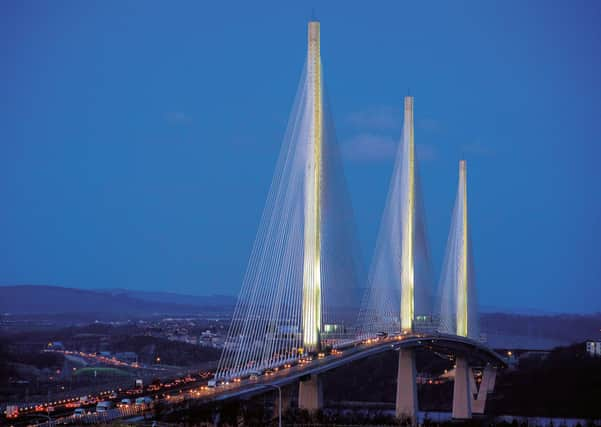Book review: Imagine a Country, Edited by Val McDermid & Jo Sharp


That the contributions are generally thoughtful, well-meaning, idealistic and interesting should go without saying. They are mostly good-tempered also, not surprisingly because many of the contributors have an understanding of what may be possible. Almost none thinks any imagined Scotland would be perfect. That said, the book is not free of self-righteousness. How could it be? We may have abjured Calvinism but the idea that we belong to the elect survives in Scotland. What Buchan thought the deplorable Scottish note of “unction” is often struck.
For the most part these imagined Scotlands are secular. Two or three generations ago a similar compilation would have spoken of the need for a religious revival. But neither the Kirk nor the Catholic church features much here. Perhaps in consequence there is little place for the sort of evangelically-inspired organizations like the Temperance Movement and The Boys’ Brigade which the Victorians created in their imagining of a better country.
Advertisement
Hide AdSome, of course, are concerned with what Scotland can do to help deal with global problems. Nobody, happily, thinks Scotland can arrest climate change; many agree we can contribute to arresting it. Mark Cousins, for instance, sees Scotland becoming, and being known as, the Land of the Trees. Several would have us reform farming with this end in mind. One contributor even looks forward to factory-created meat. Some readers may agree with me that there are few more beautiful sights than a field of beef cattle – Aberdeen-Angus or Shorthorn – grazing in a summer field, and that the Scottish landscape would be poorer and meaner without cattle and sheep.
Some predictably look to the Nordic Countries as models for our future, and there is certainly much to admire, even imitate in Norway and Sweden, at least as long as one remembers that Fascism was, or has been, more popular there than it ever was in Scotland, and that in both countries immigration is perceived as a more worrying problem than it is here.
There is, quite rightly, concern about the deep divide between rich and poor, and the persisting problem of poverty and damaged communities. Some call for educational reform leading to improvement. Chris Brookmyre, for example, believes that philosophy classes beginning in primary school, “teaching children how to think, not what to think” would improve social relations as well as their minds. He is probably right. Others call, fashionably, for the state to provide everyone with a basic income. This is an interesting idea. Several European countries offer pensions big enough to provide this at least for the retired. More immediately the tax system could be reformed to alleviate poverty. VAT and high levels of excise duty hit the poor much harder than the better-off, let alone the really rich.
Our priorities are certainly distorted. Playing fields, many brought into being by the National Playing Fields Association in the 20 years after the Second World War, are now sold for what is called “development,” and we live in a society in which schoolchildren will be charged for music lessons or, often, drama classes, art being considered an unimportant part of development; a society in which half the salary of a university principal could pay for the education of, say, a dozen students while leaving the principal still quite well-off.
Yes, it’s not too difficult to imagine a better Scotland, but even the most idealistic recognize there is a limit to the possible. So, for example, Ian Rankin, generously imagining “an enlightened country… ready to move on from the errors and terrors of the past, ready to embrace the future,” includes in his imaginings “prisons that work” – not no prisons at all, since nobody’s perfect, just prisons that aren’t cruel and wasteful crime-academies. What chance of that?
Imagine a Country, Edited by Val McDermid & Jo Sharp, Canongate, 216pp, £12
Comments
Want to join the conversation? Please or to comment on this article.